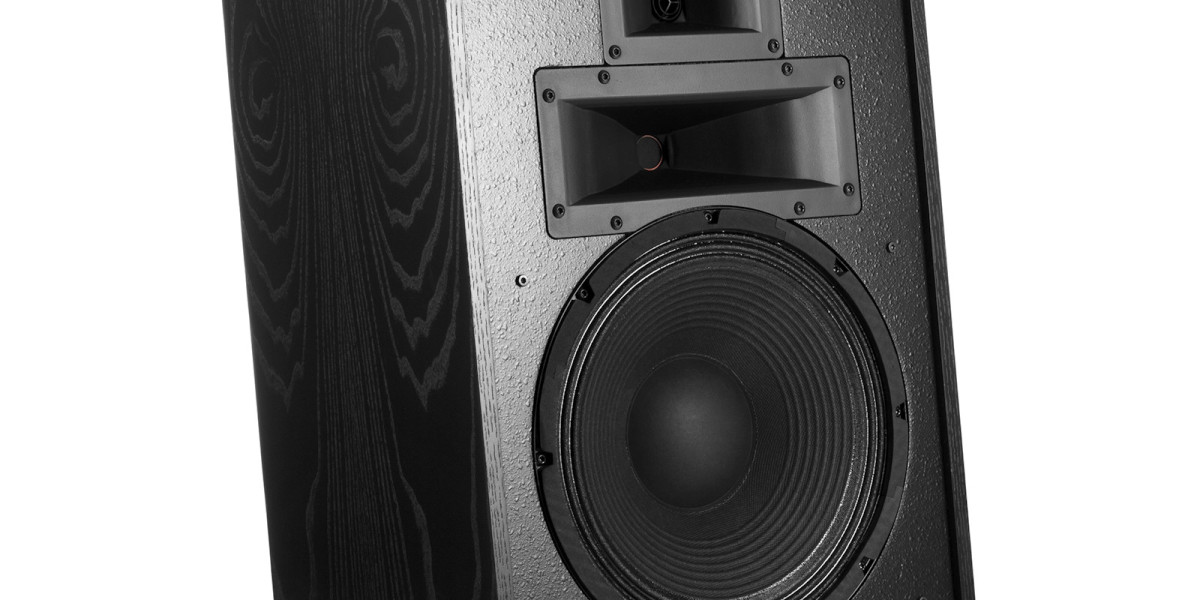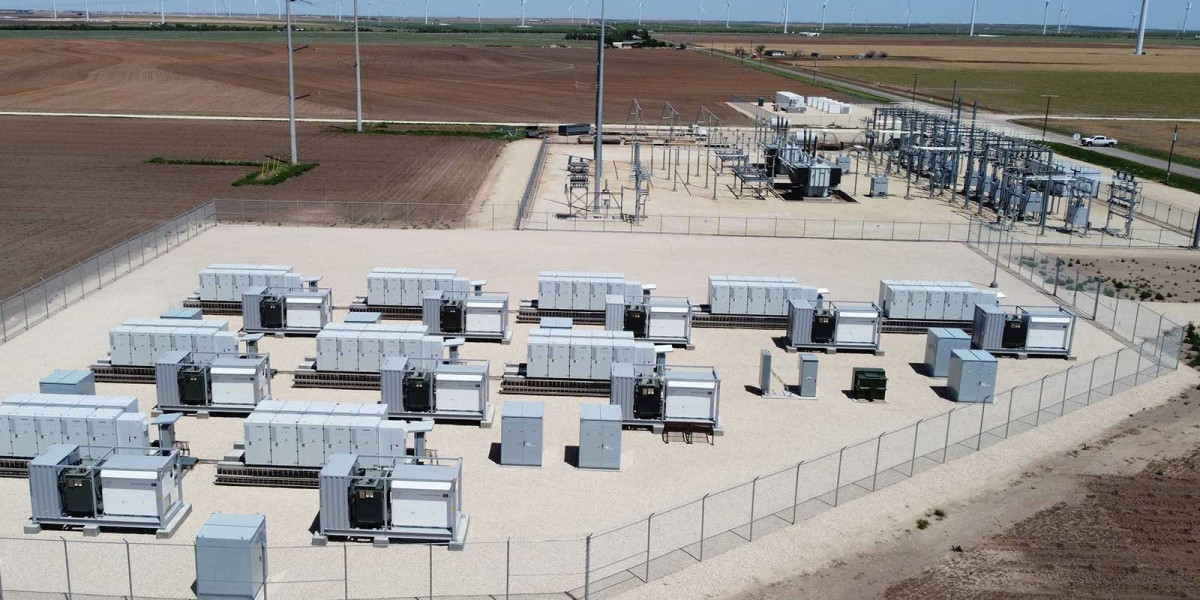Today’s businesses face rising demand for speed, efficiency, and data-driven control. Whether you're in manufacturing, logistics, energy, or food production, automation is key to staying ahead. But automation isn’t just about buying new machines—it’s about making your systems work together. That’s where automation integrators near you come in.
In this guide, we’ll explain what automation integrators do, how they help businesses like yours, and how to choose the right one nearby. We'll also explore the services they offer, the industries they serve, and answer common questions.
What Are Automation Integrators?
Automation integrators are professionals who design, build, and install systems that help machines communicate and function automatically. Their job is to connect parts of a process—like sensors, control panels, robotics, and software—into a smooth, efficient system.
These experts use tools such as:
PLCs (Programmable Logic Controllers)
HMIs (Human-Machine Interfaces)
SCADA (Supervisory Control and Data Acquisition)
Industrial robotics
Custom control panels
If your goal is to save time, reduce manual work, and collect better data from your machines, hiring a local automation integrator is the way to go.
Why Hire Local Automation Integrators?
When searching for “automation integrators near me,” it’s not just about proximity. It’s also about fast service, local support, and familiarity with regional standards and industries.
Benefits of Working with a Nearby Integrator:
Quick on-site support during breakdowns or upgrades
Faster project timelines due to reduced travel
Compliance with local safety and electrical codes
Ongoing training and system support
Stronger relationships and communication
Whether you’re running a plant in a large metro area or a small warehouse in a rural town, local integrators offer value that remote vendors can’t match.
What Services Do Automation Integrators Offer?
The range of services you get from a local automation integrator depends on your industry and goals. Below are the most common services.
1. PLC Programming and Troubleshooting
PLCs are the brain of most automated systems. Integrators program these controllers to run your machines reliably and safely.
2. Control Panel Design and Fabrication
Custom control panels house the wiring, breakers, PLCs, and more. Certified integrators build UL508A-approved panels to match your exact system.
3. HMI and SCADA Development
HMIs and SCADA systems help operators and managers view and control processes. A good integrator designs clean, user-friendly interfaces for real-time monitoring.
4. Industrial Robotics Integration
Whether it’s welding, palletizing, or assembly, local integrators can install and program robotic arms to speed up production.
5. Retrofit and Modernization Services
Don’t want to replace an entire system? No problem. Integrators can upgrade legacy equipment with modern automation tools.
6. System Testing and Commissioning
After building your automation system, integrators test every part to make sure it works as planned, avoiding expensive downtime later.
7. Training and Maintenance Support
Most integrators provide staff training and offer long-term support contracts to keep systems running smoothly.
Industries That Rely on Automation Integrators
Automation touches almost every industry today. Here's how different sectors benefit from local automation experts.
Manufacturing
From automotive parts to consumer electronics, manufacturers need fast, accurate, and safe systems. Integrators help create production lines that meet strict specs and safety rules.
Food and Beverage
Automation ensures proper mixing, cooking, and packaging—all while keeping food safe. Integrators also help meet FDA and USDA standards.
Logistics and Warehousing
Sorting, labeling, and order fulfillment are done faster and with fewer errors through automation. Integrators can build conveyor systems and smart packaging lines.
Water and Wastewater Treatment
SCADA systems, pump control, and remote monitoring all rely on automation integration for safer and more efficient water management.
Energy and Utilities
Power plants, solar farms, and energy storage systems use PLCs and SCADA for real-time control and system safety.
How to Choose the Right Automation Integrator Near You
Looking for an automation integrator isn’t just about picking the closest one. Here’s what to check before making a decision:
1. Certifications
Look for UL508A panel shop certification or membership in CSIA (Control System Integrators Association).
2. Experience in Your Industry
Has the integrator worked with companies like yours? Ask for past projects and references.
3. Technology Partnerships
Do they partner with trusted brands like Rockwell Automation, Siemens, or Schneider Electric? This often means better support and training.
4. Scalability
Can they handle small jobs and grow with you as your needs expand?
5. Support and Maintenance
Choose a company that offers strong after-sales support, including 24/7 service options and operator training.
Common Tools and Platforms Used by Automation Integrators
Allen-Bradley ControlLogix, CompactLogix (Rockwell)
Siemens S7 PLCs
Wonderware and Ignition SCADA
ABB, Fanuc, and Yaskawa robotics
Modbus, Profibus, Ethernet/IP for industrial networking
AutoCAD Electrical and EPLAN for design
When interviewing integrators, ask which platforms they specialize in, especially if you already use one of these systems.
Frequently Asked Questions (FAQ)
Q1: What does an automation integrator do?
A: Automation integrators design and install systems that connect machines and software. They use tools like PLCs, robotics, and SCADA systems to help your equipment work together more efficiently.
Q2: How much does automation integration cost?
A: Prices vary by project size. Small systems may cost $10,000–$30,000. Large custom integrations can reach $100,000 or more.
Q3: Can automation integrators work on older equipment?
A: Yes. Many integrators specialize in retrofitting older systems with new controls to avoid full replacements.
Q4: How long does a project take?
A: Projects typically take 4–12 weeks from design to installation, depending on complexity.
Q5: Do automation integrators offer training?
A: Yes. Most reputable integrators offer hands-on training and documentation to help your staff run the system safely and efficiently.
Why Google “Automation Integrators Near Me” Instead of Going National?
Local integrators offer speed, reliability, and hands-on service that national firms often can’t match. They understand your city’s infrastructure, electrical codes, and even your power grid’s quirks.
Plus, you support local businesses—helping your community grow alongside your own success.
Final Thoughts: Take the Next Step in Smart Automation
Finding the right automation integrators near you could be the smartest move for your business. Whether you're upgrading old equipment or launching a new facility, a trusted local partner will make the journey smoother, faster, and more cost-effective.
Automation isn’t just a trend—it’s the future. And with the right integrator by your side, you’ll be ready to grow smarter and more efficiently than ever before.
Ready to Transform Your Business?
Contact a certified automation integrator near you today to schedule a free consultation. Start designing an automated system that’s tailored to your business goals, budget, and timeline.







